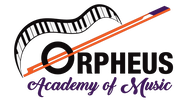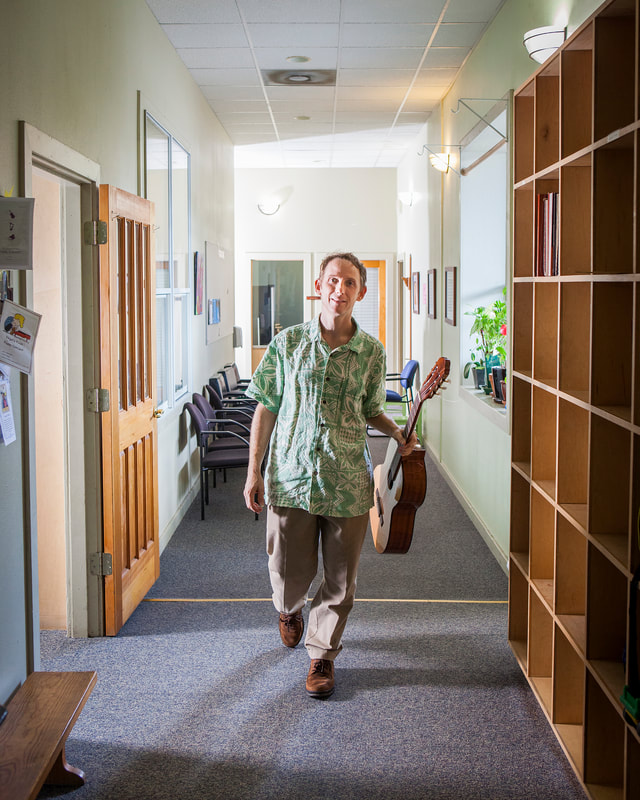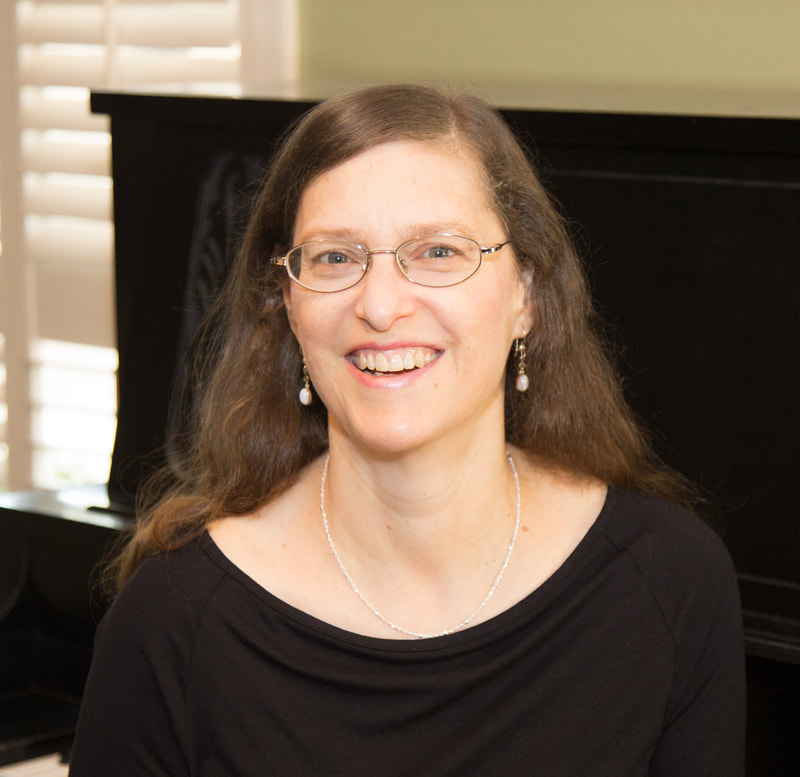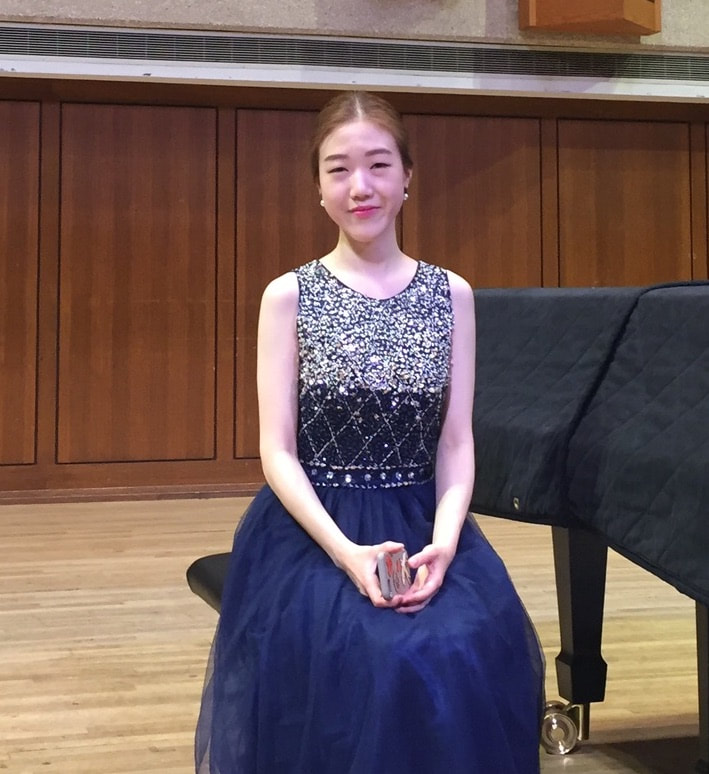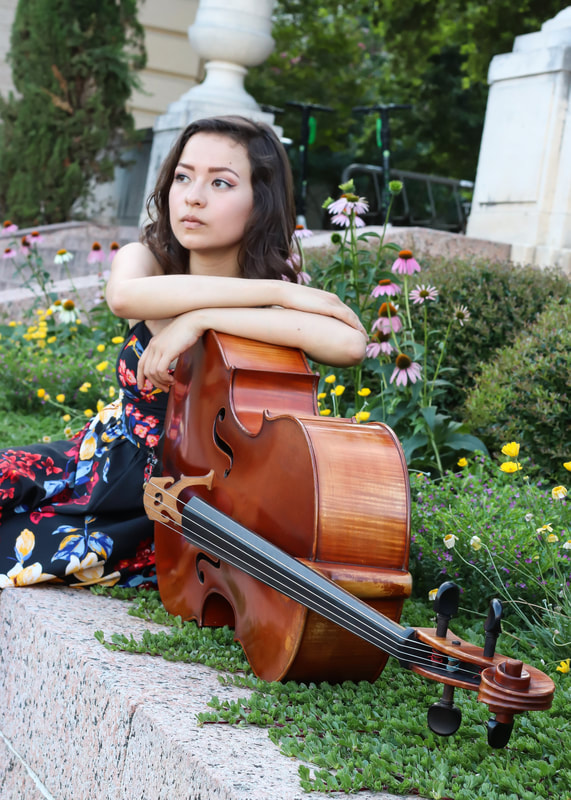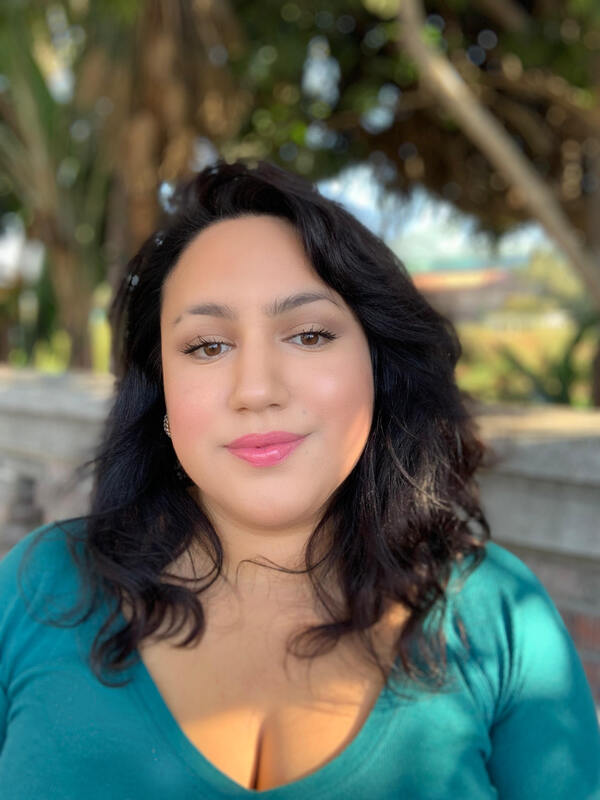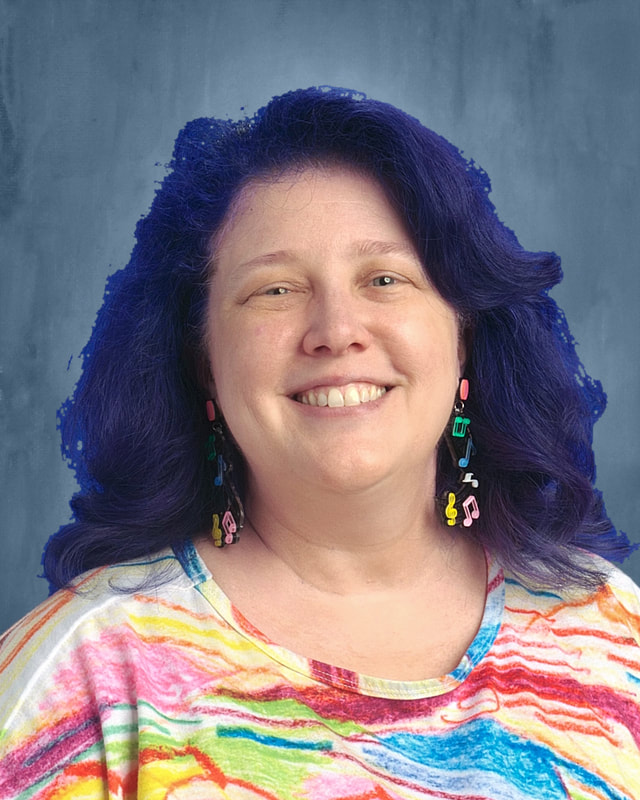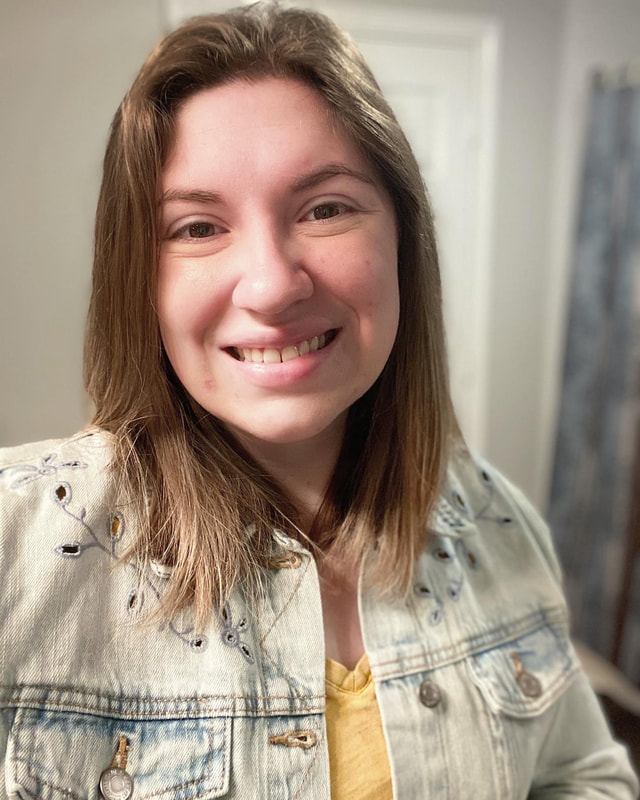Musicianship Class
Students age 4–16 can develop their musical skills of beat, rhythm, pitch, reading, improvising and more through fun, age-appropriate activities in our musicianship classes through the infusion of Kodály and Dalcroze Methodologies. The entire class is spent playing, moving, singing and working on some of the most challenging musical skills through games that the children love. No sitting around filling out boring music theory worksheets or endless quizzing or isolation at a computer station that you could do at home. Instead our students dive right into the very act of making music together and then are led by expert music teachers to discover and practice the most important musical skills.
This unique approach to teaching instruments and musicianship through singing, exploration and hands-on learning, is one of the reasons our instructors are in high demand at music teacher conferences around the country every year. In 2012 our instructors presented classes at Interlochen, Dallas, Houston, UT Austin and San Antonio. In 2013 we presented at the Music Teachers National Association Annual Convention in Anaheim, the National Keyboard Conference in Chicago and in 2014 we went to Baylor University to discuss teaching beat and rhythm in a more natural, age-appropriate manner to piano students.
This unique approach to teaching instruments and musicianship through singing, exploration and hands-on learning, is one of the reasons our instructors are in high demand at music teacher conferences around the country every year. In 2012 our instructors presented classes at Interlochen, Dallas, Houston, UT Austin and San Antonio. In 2013 we presented at the Music Teachers National Association Annual Convention in Anaheim, the National Keyboard Conference in Chicago and in 2014 we went to Baylor University to discuss teaching beat and rhythm in a more natural, age-appropriate manner to piano students.
What is the Kodály Method?
The Kodály method is a philosophy of music education that develops a complete musician through the finest musical experiences. This approach emphasizes a graded introduction of musical concepts, the use of great music from around the world (not “kiddie songs) and a total sensory learning experience. Each concept is learned through aural, visual, kinesthetic and cognitive activities so that the student has complete mastery over the music. We use this approach to ensure that every student develops as a complete musician: That is, they are able to play great, read well and understand all musical concepts.
Here is some additional information excerpted from the International Kodály Society:
Kodály inspired a revolution in the teaching of music in Hungary. He, together with colleagues, established new principles for music education. These principles have come to be known as the “Kodály Method” of music education:
According to Kodály, because young children’s natural means of musical expression is the voice, music instruction should be vocally based. Children are taught through their own singing games to sing in tune, to improvise, and to sight sing music (at Orpheus all instrumental students learn to sing their songs and then immediately transfer these songs onto their instrument).
Music literacy refers to the ability to read and write musical notation and to read notation at sight without the aid of an instrument. It also refers to a person’s knowledge of and appreciation for a wide range of musical examples and styles.
Kodály and his associates adapted techniques from a variety of sources in the development of their approach to developing musical literacy in children.
Music as Culture
The music we teach at Orpheus is gathered from around the world so that children may grow in their understanding of the world as they grow as musicians. Not only do the students increase their appreciation for other cultures, but they also become the stewards of this precious gift of humanity. Furthermore, when a student encounters a song from their own ethnic, religious or historic culture they are always fascinated and intensely drawn to it in a way that they would never be toward “teaching” pieces.
Rhythm Syllables
Rhythm names were adapted from the French time-names system developed by Paris-Chevé and Galin. At Orpheus we use an adapted version of these referred to as the “takadimi” system that has been shown to be more effective at preparing children for the type of rhythmic counting done in middle school bands and orchestras. The most important aspect of the rhythmic approach, however, is that it is sequenced by what children can naturally and skillfully perform, not what is most easily explained.
Note Value......................Rhythm Syllable
quarter note....................ta
paired eighth notes........ta-di
half note...........................ta-a
four sixteenth notes........ta-ka-di-mi
Solfa
The use of syllables to represent the sounds of the notes of the scale has its roots in the 11th century when the monk, Guido d’Arezzo, used the initial tones of a “Hymn to St. John” (ut, re, mi, fa, so, la) as a mnemonic device to train singers.
Solfa (solfège-Fr., solfeggio-It.] can be applied in absolute (fixed-do) form or in relative (moveable-do) form. In England, through the work of Sarah Glover and John Curwen, moveable-do solfa became the favored pedagogical tool to teach singers to read music.
Kodály and his associates adapted the Tonic Solfa system of Glover-Curwen in Hungary. Each of the tones of the scale is represented by a syllable. For the sharp an ‘i‘ is added, for the flat an ‘a’ is added (except for la that will become lo). The absolute (ABC) names of these depend on the key of a piece:
do...re...mi...fa...so...la...ti...do’
Do is the first note in any major scale. La is the first note in any minor scale. Thus, in the key of C Major, C is do, in the key of F Major, F is do, etc. In the key of A Minor, A is la.
Again, the important innovation of the Kodály Concept is the introduction of pitch in an order that is most easily sung beautifully. The goal is for students to acquire the habit of musical excellence: Singing in tune, in time and with great expression.
What is Dalcroze Eurythmics?
Emile Jacques-Dalcroze developed a three-pronged approach to musicality:
How is it implemented in our classes?
Students experience eurhythmics, solfege, and improvisation in musicianship classes where they use musical movement to recorded music, as well as music performed by the teacher and students to develop both internal and external synchrony, as well as artistry. Through this movement, students demonstrate their understanding of these concepts without having to verbalize, as well as developing the group dynamic and social skills.
Students develop solfege as well as rhythms through known songs and improvisation. This demonstrates understanding of these concepts by students adding and subtracting rhythmic elements or solfege within phrases, as well as creating their own phrases.
The use of both Kodály’s strong curriculum and presentation strategies along with the internal and external bodily representations of Dalcroze combine to create beautiful, joyful, and organic experiences in each musicianship class.
Here is some additional information excerpted from the International Kodály Society:
Kodály inspired a revolution in the teaching of music in Hungary. He, together with colleagues, established new principles for music education. These principles have come to be known as the “Kodály Method” of music education:
- Music is a prime necessity of life.
- Only music of the highest quality is good enough for children.
- Music education must begin nine months before the birth of the child.
- Music instruction must be a part of general education for everyone.
- The ear, the eye, the hand, and the heart must all be trained together.
According to Kodály, because young children’s natural means of musical expression is the voice, music instruction should be vocally based. Children are taught through their own singing games to sing in tune, to improvise, and to sight sing music (at Orpheus all instrumental students learn to sing their songs and then immediately transfer these songs onto their instrument).
Music literacy refers to the ability to read and write musical notation and to read notation at sight without the aid of an instrument. It also refers to a person’s knowledge of and appreciation for a wide range of musical examples and styles.
Kodály and his associates adapted techniques from a variety of sources in the development of their approach to developing musical literacy in children.
Music as Culture
The music we teach at Orpheus is gathered from around the world so that children may grow in their understanding of the world as they grow as musicians. Not only do the students increase their appreciation for other cultures, but they also become the stewards of this precious gift of humanity. Furthermore, when a student encounters a song from their own ethnic, religious or historic culture they are always fascinated and intensely drawn to it in a way that they would never be toward “teaching” pieces.
Rhythm Syllables
Rhythm names were adapted from the French time-names system developed by Paris-Chevé and Galin. At Orpheus we use an adapted version of these referred to as the “takadimi” system that has been shown to be more effective at preparing children for the type of rhythmic counting done in middle school bands and orchestras. The most important aspect of the rhythmic approach, however, is that it is sequenced by what children can naturally and skillfully perform, not what is most easily explained.
Note Value......................Rhythm Syllable
quarter note....................ta
paired eighth notes........ta-di
half note...........................ta-a
four sixteenth notes........ta-ka-di-mi
Solfa
The use of syllables to represent the sounds of the notes of the scale has its roots in the 11th century when the monk, Guido d’Arezzo, used the initial tones of a “Hymn to St. John” (ut, re, mi, fa, so, la) as a mnemonic device to train singers.
Solfa (solfège-Fr., solfeggio-It.] can be applied in absolute (fixed-do) form or in relative (moveable-do) form. In England, through the work of Sarah Glover and John Curwen, moveable-do solfa became the favored pedagogical tool to teach singers to read music.
Kodály and his associates adapted the Tonic Solfa system of Glover-Curwen in Hungary. Each of the tones of the scale is represented by a syllable. For the sharp an ‘i‘ is added, for the flat an ‘a’ is added (except for la that will become lo). The absolute (ABC) names of these depend on the key of a piece:
do...re...mi...fa...so...la...ti...do’
Do is the first note in any major scale. La is the first note in any minor scale. Thus, in the key of C Major, C is do, in the key of F Major, F is do, etc. In the key of A Minor, A is la.
Again, the important innovation of the Kodály Concept is the introduction of pitch in an order that is most easily sung beautifully. The goal is for students to acquire the habit of musical excellence: Singing in tune, in time and with great expression.
What is Dalcroze Eurythmics?
Emile Jacques-Dalcroze developed a three-pronged approach to musicality:
- Eurhythmics: “study of music involving kinesthetic exercises, particularly addressing rhythm, meter, phrase, form, dynamics, and agogic nuance”
- Solfège: “study of pitch, melody, and harmony through singing, ear training, and theory, incorporating music concepts and teaching strategies of eurhythmics”
- Piano improvisation: “the spontaneous synthesis of eurhythmics and solfège experience at the instrument”
How is it implemented in our classes?
Students experience eurhythmics, solfege, and improvisation in musicianship classes where they use musical movement to recorded music, as well as music performed by the teacher and students to develop both internal and external synchrony, as well as artistry. Through this movement, students demonstrate their understanding of these concepts without having to verbalize, as well as developing the group dynamic and social skills.
Students develop solfege as well as rhythms through known songs and improvisation. This demonstrates understanding of these concepts by students adding and subtracting rhythmic elements or solfege within phrases, as well as creating their own phrases.
The use of both Kodály’s strong curriculum and presentation strategies along with the internal and external bodily representations of Dalcroze combine to create beautiful, joyful, and organic experiences in each musicianship class.
Meet Our Musicianship Teachers
It's easy to take the next step:
Music lessons are first come, first served
So contact us today to arrange your first lesson!
512-231-8999
Music lessons are first come, first served
So contact us today to arrange your first lesson!
512-231-8999
